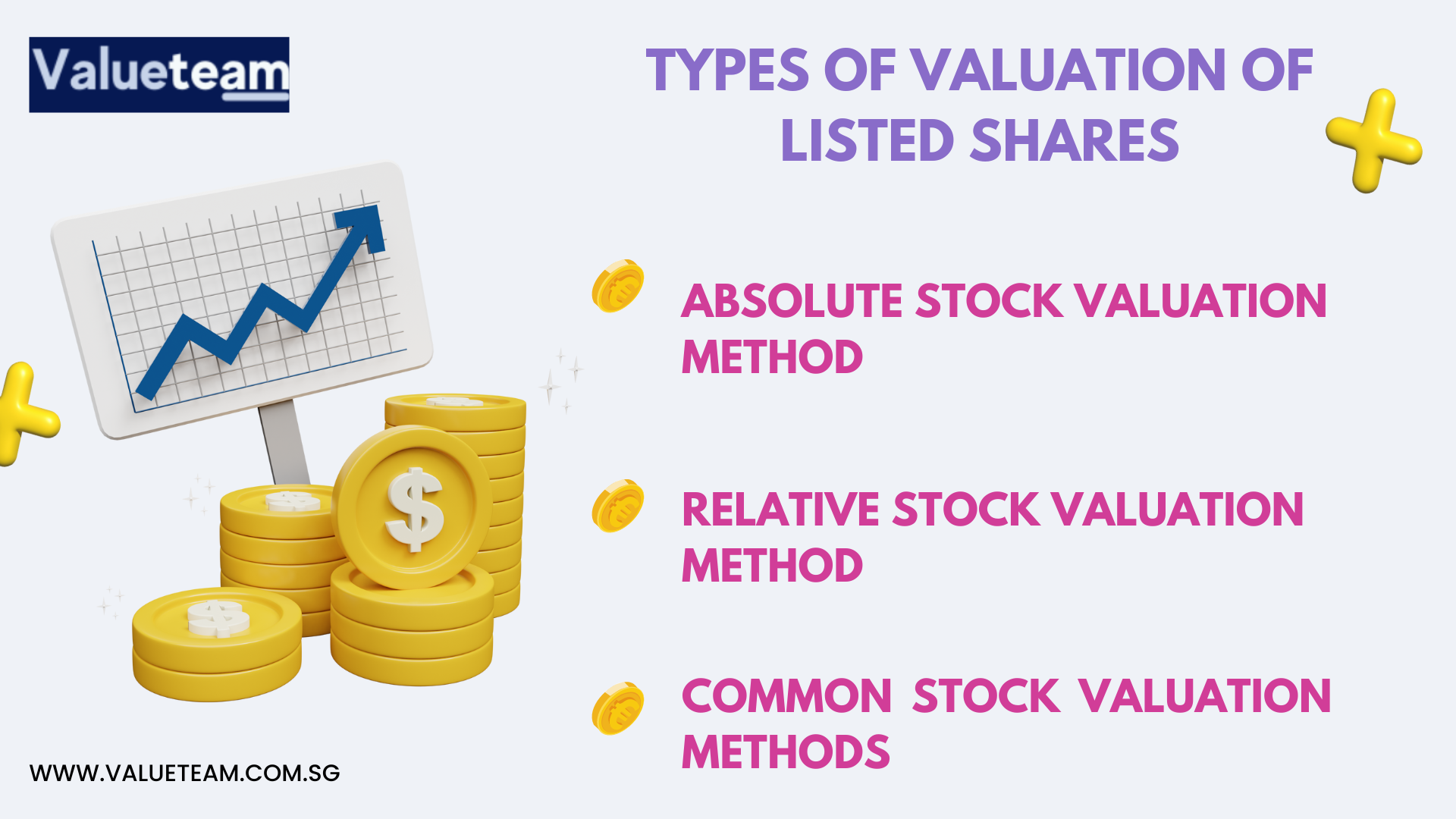Valuation of Listed Shares : If you are an investor and want to consistently beat the market, knowing how to value a stock or share is not neglected. Share valuation is the process of understanding a share’s theoretical or intrinsic value.
The benefits of knowing how to value a stock start with the fact a stock’s inherent value is not attached to the stock’s current price. When an investor is aware of the intrinsic value of a stock, he can quickly determine if the stock is either under or over-valued at the stock’s current market price.
Valuing stocks can be a complicated process. It involves both art and science. On the other hand, investors may find it difficult and overwhelming to know the value of stock due to the much information used in stock valuation. Some of the materials are stock reports, financials, economic reports, newspapers, and others.
The bulkiness of these stock materials calls for an investor to filter the critical and essential information from the ones that are unnecessary and irrelevant. In addition to state above, every good stock investor should understand the valuation methods used to measure significant stocks’ value.
Knowing the situations that determine each stock valuation method is paramount too for an investor. Knowledge is power, after all. Since the best form of investment is education, be ready to learn all you can to invest wisely in stock.
The methods used to valuation of listed shares are categorized into two. They are absolute and relative.
Absolute Stock Valuation Method
This method of stock valuation depends on the company’s basic information that owns such stock. The procedures cover processes such as analyzing different financial data from the company’s financial statements. Most of the techniques used in absolute stock valuation primarily investigate growth rates, dividends, and the company’s cash flows. Some of the popular methods of fundamental stock valuation are DCF (Discounted Cashflow Model) and DDM (Dividend Discount Model).
Relative stock valuation method
This method of stock valuation compares stocks or shares investments of similar companies. It deals with calculating critical financial ratios of companies with similar nature, product, and system of the stock in question. Comparable companies’ analysis is the right example of relative stock valuation to read more.
Common stock valuation methods
The value of a stock or share is determined through the following standard methods:
- Discounted cash flow model
- Dividend discount model
- Comparable companies’ analysis
The most critical factors in determining the corporate business valuation of a company’s stock are the multiples used in the most common valuation methods. These are a few:
- The company’s net profit;
- Dividends and cash flow from the company
- Return on investment is typical of the industry.
The impact of these factors is determined by whether they are included in the calculation of the share price. Shareholder value is affected by EPS and P-E ratios.
EPS is the ratio of total earnings available to shareholders divided by the total number of shares outstanding.
The P-E ratio, a popular method of valuing stocks, is based on this variable. If you’re a shareholder, the higher your EPS, the more money you’ll make.
Let’s take a look at the P-E ratio as well:
Market value divided by earnings per share is known as the Price-to-Earnings Ratio. P-E ratios can indicate whether or not a stock’s price is excessively high compared to its earnings. This can mean that the stock is overvalued.
However, a lower P-E ratio may indicate that the current share price is lower concerning the company’s earnings. Various other essential valuation ratios can affect our decisions to make investments.
You must know how to value stock and the valuation of a business, whether a trader or a long-term investor. In this way, investors may compare the value of stocks from different firms using a variety of valuation methodologies. Investors with professional business valuation experience with a long-term perspective might assess their chances using various tools and strategies.
The importance of business valuation is keeping up to date on the most efficient tactics for valuing equities in light of your requirements and goals is thus vital. You must stay up-to-date on the most effective methods for valuing equities in light of your unique needs and goals.
One of the characteristics of a good investor is learning and reading. An investor reads to understand more about what he is investing in or planning to invest in. One of the everyday thing’s investors put their hard-earned money into is stocks or shares. To invest right, you need to know the value of the company’s stock you are interested in. The article you just read has shown you how to achieve that. Reread it and invest right.






